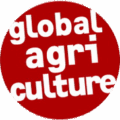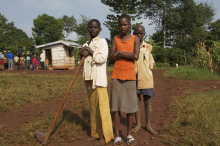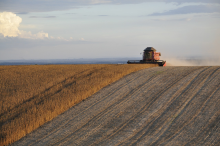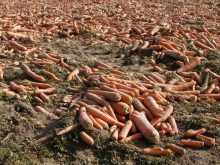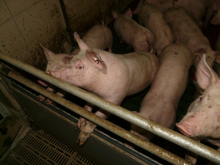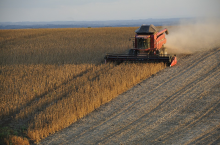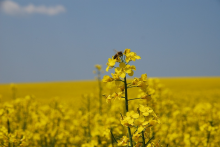Africa remains the main target for land grabs by foreign investors
Since the year 2000, foreign investors have acquired 26.7 million hectares of land around the globe for agriculture, with Africa being the most affected continent. This means that around 2 per cent of the arable land worldwide, or roughly the equivalent to an area the size of the United Kingdom and Slovenia together, has been […]
Africa remains the main target for land grabs by foreign investors Read More »
